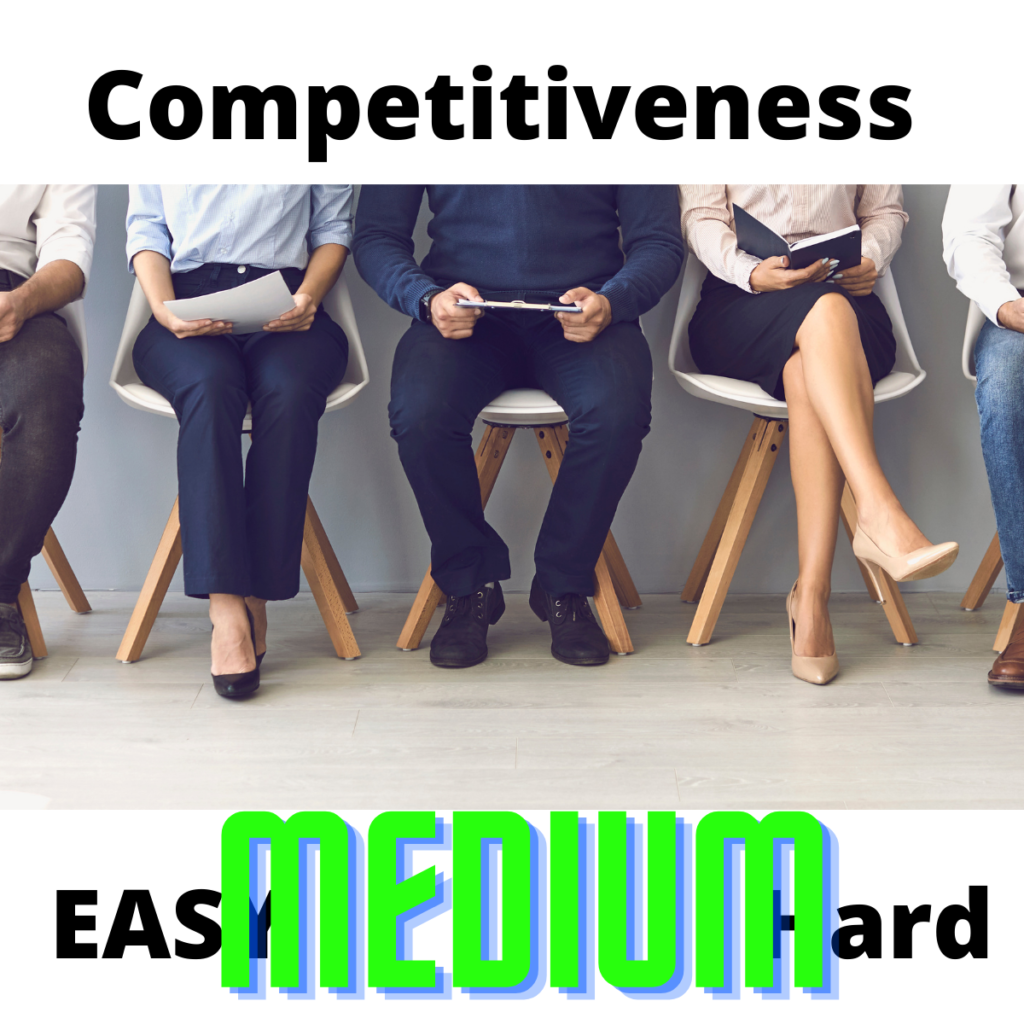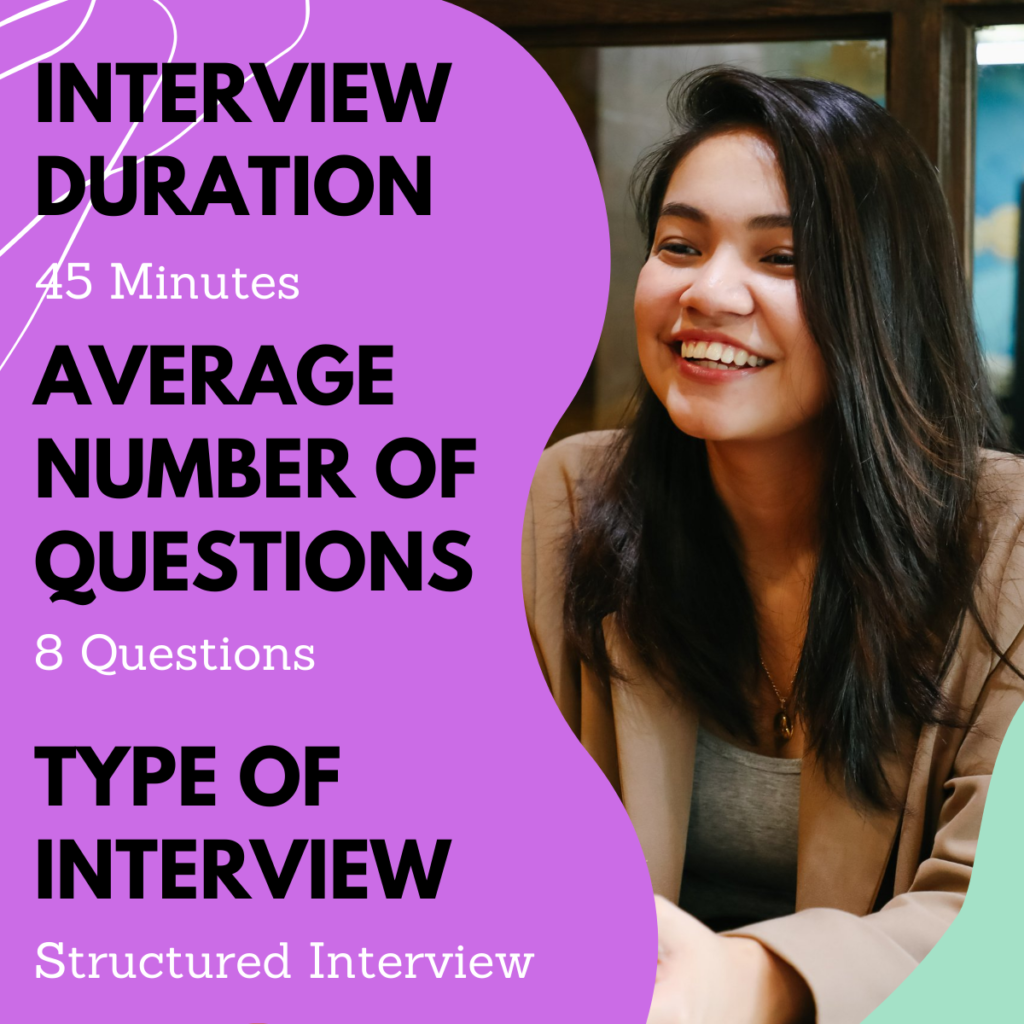Gaining work after completing a university degree is highly competitive as employers receive applicants from qualified graduates from around the UK.
Another barrier for the graduate job seeker is a lack of confidence in a job interview which results in poor interview answers that don’t often highlight a selling point or experience.
Graduate job market stats:
- 87.7% of working age (16-64 years old) graduates were in employment in 2023, compared to 89.4% of postgraduates and 69.7% of non-graduates.
- 67.0% of working age (16-64 years old) graduates were in high-skilled employment in 2023, compared to 78.9% of postgraduates and 23.7% of non-graduates.
- £40,000 was the median nominal salary for working age (16-64 years old) graduates in 2023, compared to £45,000 for postgraduates and £29,500 for non-graduates (to the nearest £500).
- £26,000 was the median real terms salary for working age (16-64 years old) graduates in 2023 (base year 2007), compared to £29,000 for postgraduates and £19,000 for non-graduates (to the nearest £500).
- £6,500 was the graduate premium median real terms salary in 2023 (base year 2007), the difference between working age (16-64 years old) graduates and non-graduates average earnings (to the nearest £500).
- £6,000 was the graduate gender gap in median real terms salary in 2023 (base year 2007), the difference between working age (16-64 years old) male and female graduates’ average earnings (to the nearest £500).
How competitive is a graduate job interview?

Interview Specifics:

Check the average pay.
The three rules of a successful job interview
One – identify the skills and experiences each employer requires you to possess as these will ultimately become the job interview questions
Two – be a self-promoter by highlighting skills, experiences, knowledge, and qualities the employer requires for the graduate position you are applying for
Three – communicate confidently – speak slowly, give detail, don’t waffle or use filler words. Pause, reiterate, and use public speaking skills to highlight your unique selling point
How to Pass a Job Interview
To pass a job interview, it is important to predict the interview questions and practice delivering the interview answers confidently.
- Mock interviews help to practice an interview in full
- Re-writing interview answers helps with memory
- Talking at a slower pace (as interviewees then speed up due to nervousness) helps the employer to record your experiences and skills
Tell me about yourself.
Answer:
“I recently graduated with a degree in [your degree] from [University Name]. Throughout my academic journey, I developed a strong foundation in [key skills related to the job], and I’m particularly passionate about [specific area of interest]. I’ve also had the opportunity to work on projects related to [specific experience], where I enhanced my problem-solving and team collaboration skills. I’m excited to bring my knowledge, skills, and enthusiasm to a professional setting and contribute to [Company Name]’s goals.”
Why did you choose this field of study?
Answer:
“I chose [your field of study] because of my passion for [specific aspect of the field]. I have always been fascinated by [related interest], and I wanted to deepen my understanding and gain the skills needed to pursue a career in this area. I enjoy solving complex problems and finding innovative solutions, which is why I felt this field was the perfect fit for me.”
What skills did you gain during your studies that will help you succeed in this role?
Answer:
“During my studies, I developed strong analytical, communication, and teamwork skills. I frequently worked on group projects, which helped me learn how to collaborate effectively and manage differing opinions to achieve common goals. I also gained expertise in [specific software or tools] and honed my ability to present ideas clearly, both in writing and verbally.”
Why do you want to work for this company?
Answer:
“I’ve done extensive research on your company, and I admire how [Company Name] is known for its [specific aspect of the company, e.g., innovation, commitment to sustainability, work culture]. The values and vision of the company align with my own career goals, and I believe my skills in [mention relevant skills] would be a strong fit for your team. I’m excited about the opportunity to contribute to your mission and learn from the talented professionals here.”
How do you handle stress and pressure?
Answer:
“I manage stress by staying organized and breaking down tasks into smaller, manageable steps. During busy periods, I prioritize tasks based on deadlines and importance, which helps me stay focused. I also find that maintaining a positive attitude and seeking support when needed helps me navigate challenges without feeling overwhelmed.”
What are your strengths?
Answer:
“One of my key strengths is my ability to quickly adapt to new situations. During my time at university, I worked on various projects where I had to learn new tools or approaches, and I was able to do so successfully. I’m also a strong communicator, which has helped me collaborate effectively with classmates and professors. Finally, I am highly organized, which ensures I can balance multiple tasks efficiently.”

What are your weaknesses, and how do you address them?
Answer:
“One area I’m working on is my tendency to be a perfectionist. Sometimes, I can get caught up in the details, but I’ve learned to balance quality with efficiency by setting clear time limits for tasks and asking for feedback when needed. I’ve found that focusing on continuous improvement helps me make more progress without getting stuck in overthinking.”
Tell us about a time when you worked as part of a team.
Answer:
“In one of my university projects, I worked on a team that was tasked with [project description]. We had to divide the workload based on individual strengths, and I was responsible for [your role]. I made sure to keep communication open by setting up regular check-ins and encouraging everyone to share their ideas. We were able to complete the project ahead of schedule, and I learned the importance of collaboration and clear communication.”

Where do you see yourself in five years?
Answer:
“In five years, I see myself growing within this company, contributing to major projects, and possibly taking on more leadership responsibilities. I’m eager to continue developing my skills and taking on new challenges, and I hope to be part of a team where I can contribute meaningfully to its long-term success while advancing my own career.”
Why should we hire you?
Answer:
“You should hire me because I bring a strong educational foundation, a proactive attitude, and a willingness to learn. I’m highly motivated to contribute my skills in [relevant area] and am excited to bring fresh perspectives to your team. I also have a strong work ethic and am committed to achieving results, which I believe will allow me to add value to your organization.”





